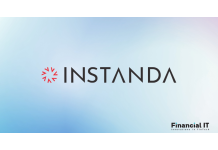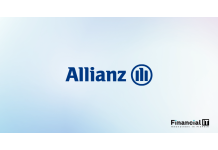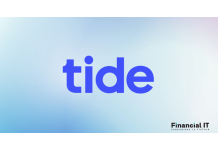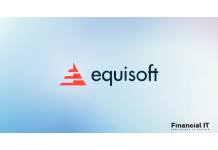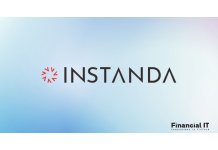Orange Partners with bolttech to Launch New Digital...
- 15.12.2025 08:35 am
mTek Becomes Part of Bolttech
- 03.12.2025 02:25 pm
INSTANDA and Process Factory Enter a Collaboration...
- 28.11.2025 10:15 am
Allianz Commercial to Launch Hub for Latin America in...
- 26.11.2025 11:15 am
Tide to Launch Connected Insurance for SMBs
- 25.11.2025 08:55 am
Akur8 Expands Its Global Footprint With the Opening of...
- 20.11.2025 08:35 am
Equisoft Partners With Databricks to Accelerate...
- 19.11.2025 02:35 pm
Agentero Launches AI Appetite Checker to Help...
- 19.11.2025 11:25 am
N2G Worldwide Insurance Services Goes Live on Insurity...
- 14.11.2025 11:05 am
INSTANDA Joins Insevo to Accelerate Digital Innovation...
- 14.11.2025 10:35 am
One Inc’s ClaimsPay® Powers Mutual Benefit Group’s...
- 12.11.2025 12:35 pm
InvoiceCloud and Duck Creek Technologies Announce...
- 06.11.2025 07:00 am





